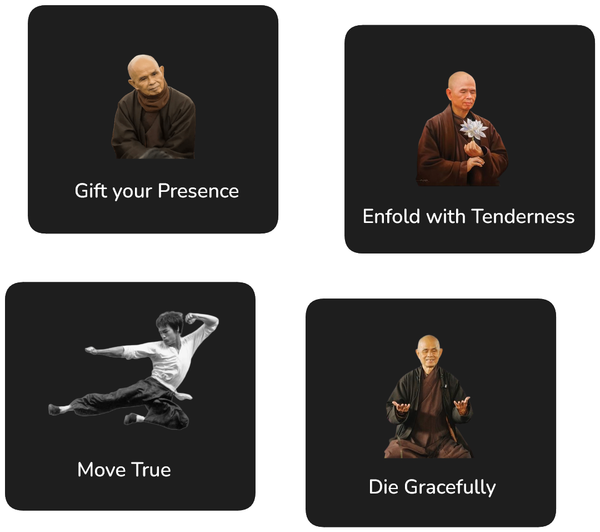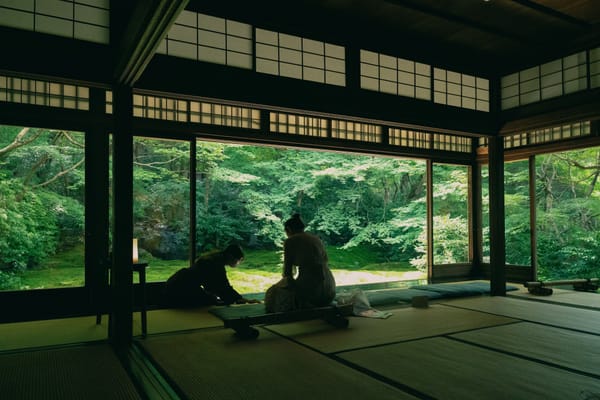Book Review - The Art of Learning

The Art of Learning is written by Josh Waitzkin, who was a multiple times national chess champion in the U.S. as well as later became an accomplished martial artists, winning the Tai Chi world championships. This I think is interesting background to consider since the author has demonstrated an ability to not only raise to the top of one highly competitive discipline but two, and that within two disciplines that are very different in the kind of skillset and natural talents they require.
It should be noted here that Tai Chi as a martial art is no mere gliding hands and feet through the air at a gentle pace but a real combat sport, one whose specific rules and practice though still elude me.
The Art of Learning reflects on how the principles listed in the book can be applied for gaining excellence in chess and in Tai Chi. Some of these principles I will summarise in the following:
- Making Smaller Circles: Trying to gain a deep understanding of a few simple things, rather than superficial understanding of many things.
- Slowing Down Time: Having such a deep understanding of something, that we are able to break down what is happening into more discrete steps.
- Losing to Win: Embracing failure as an opportunity for improvement.
- Enter the Soft Zone: Not being stuck up in needing to win at all costs but to focus on your own performance. Specifically, to focus on what you have the power to change rather than be distracted by what is out of your control.
- Finding your 'Zone' and be Able to Trigger It: The zone is a high performance state - in which we are happy and not distracted - that can be learned to be brought up at will through simple rituals.
Overall what I found quite insightful that woven within all these principles is the idea that mastery can be obtained by drilling deep into the detail of a craft, profession or sport, and through repetition become really good at a few fundamental things. With this foundation, it is then possible to be inspired and find new and creative ways that unlock new levels of performance.
The main caveat I see with this and the other principle laid out as well is that I think that performing well in sports often means different things than performing well in life in general. Sports such as chess or martial arts are undoubtedly complex, and more complex than I could ever truly understand as someone without any skill in either of them, but they are also arguably much less complex than the environment we live our lives in.
This I think to some degree takes the power of the approach to learn a few simple things, become really good at them, and then scale your performance up from that. I think in life it is often more important to seek the right direction, to do what brings us and others value while abstaining from things that do not. So in that sense, it is not so important how fast we can run, or how fast we can do arithmetic in our heads, or how many quotes we can memories, but where we are going, what we are calculating and what we decide is important for us to remember.
That is not saying that achieving mastery in a few foundational things cannot be of utmost use in many cases, it is just saying that it is maybe not the whole picture we should be looking at.
In any case, I think the Art of Learning is well written and definitely worthwhile to read, since it distils many extremely valuable insights gained over a many years of dedication to excellency.





